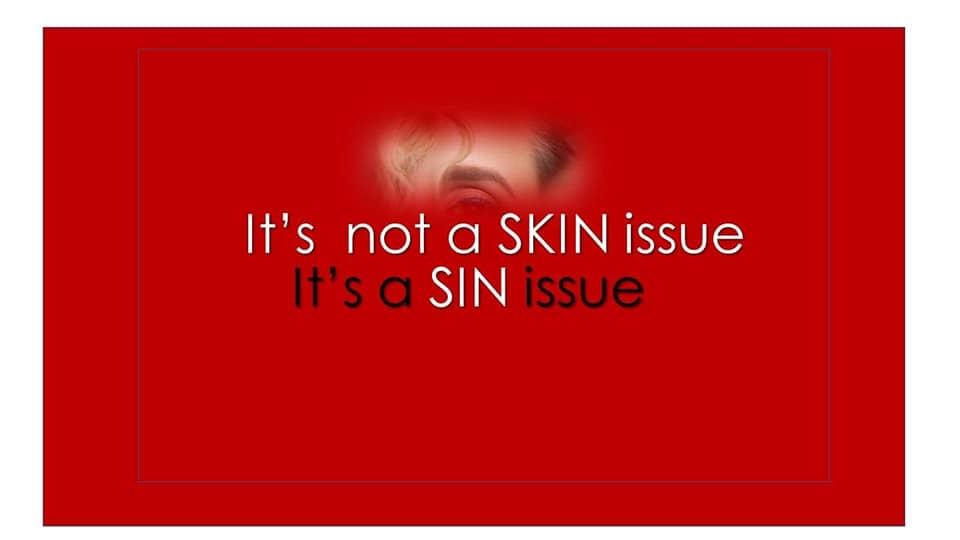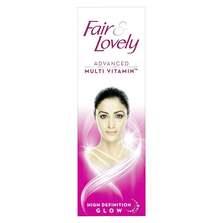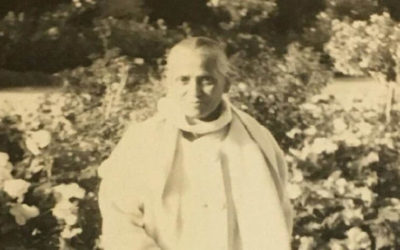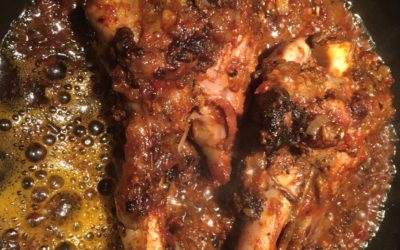Am I white enough for you?

#BlackLivesMatter and #AllLivesMatter has been trending recently and all of us have joined the bandwagon to have our say and show solidarity. But if we’re honest, can we really say that we’re not racist—individually or collectively—when describing people?
The first two Bengali words my younger daughter’s British boyfriend learnt was ‘koto kalo’ (how black). And, I’m ashamed to say that I am responsible for this.
My younger daughter was about 12 when she went for a two-week school trip to Adelaide and Ayres Rock. I had missed her so much that fortnight that I was at the carpark 30 minutes early to pick her up.
However, the first sentence I blurted out when I saw her was, “how black you’ve become”—not how much I missed her or how glad I was to see her. Little did I realise how much my words hurt her and that she carried it with her and taught her boyfriend these two words.
Growing up, I remember my dad’s uncles—from both sides—would call my brother ‘Kaluram’ (loosely translated black baby). It was not that they loved him less—in fact they loved him the most—but had to re-emphasise his dark skin. Did they realise what they were doing? May be not because for them, it was a term of endearment.
My father too, was guilty of colour discrimination. Once at a lunch—hosted in our house—his boss asked him why my brother had a different skin tone to mine. He promptly passed my brother off as his brother’s son—an incident my brother hasn’t forgotten although he was very young then.
When I got married my in-laws commented on my ‘gori-chitti’ (light) skin, as if that defined me—none commented on my other qualities. And, some of my friends too received the short end of the stick, in the form of “You’re very fair for a South Indian” or “My, how dark you’ve become”.
Buoyed by the talk of fairness and the marketing of it my housekeeper, in Delhi, used Fair & Lovely regularly—twice a day. When I told her creams, lotions and potions don’t work, she said the TV ads and celebrity endorsements were more believable than me.
This fascination for skin tones transcends all races, countries and borders. No matter what we say skin tone defines us. At job interviews in Melbourne, hiring managers have been surprised when I presented myself with two claiming that I am “so much lighter than other Indians.” When questioned, they backtracked saying they meant it as a compliment. But is it?

Image from the internet
More recently, an ex-colleague questioned my manager’s command over English because “he’s black and English isn’t his native language”.
Coming back to me, up until some years ago I too described people by their skin tones—too white, too black, too yellow. When my girls called out my racism, my usual comeback was my brother has dark skin and I love him to death, so no, I’m not racist. But that’s not true, is it? I am no better than others who discriminate against colour.
It has taken me years to recondition my brain and look at people, not by the colour of their skin but what they are as a person. There are times I still falter, but I am consciously trying to alter my thinking, one day at a time. Are you?
Recent Posts
- Mental health is as important as physical health
- World Health Day
- Autism Awareness Day – Autism Speaks
- World Health Day – Building a Fairer and Healthier World
- Sustainability – it is just about the environment?
- Living with ADHD – the lived experiences and the medical diagnosis
- Join us for an evening of Jashn
- Family Abuse Awareness




Recent Comments